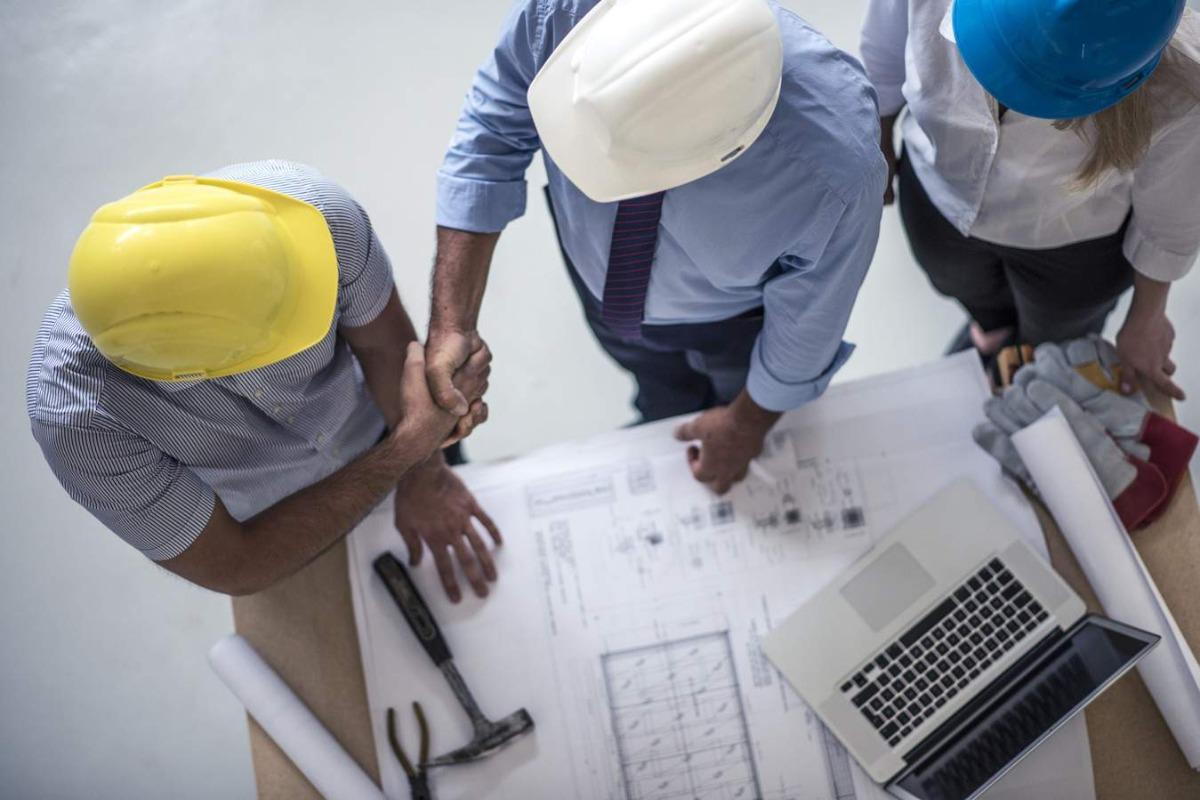
- posted: Nov. 20, 2023
- Business
Construction projects are complex and often involve multiple parties, including the project owner, general contractor, subcontractors and suppliers. This complexity can lead to a variety of disputes, both major and minor.
Some of the most common types of construction contract disputes include:
- Delays in the completion of the project — This is one of the most common and costly types of construction disputes. Delays can be caused by a variety of factors, such as bad weather, unforeseen site conditions, labor problems and material shortages. When delays occur, it can lead to additional costs for the project owner and lost profits for the contractor.
- Construction defects — Construction defects can include anything from minor cosmetic flaws to major structural problems. Defects can be caused by faulty materials, poor workmanship or design errors. When defects are discovered, the project owner may demand that the contractor repair or replace the defective work. This can lead to disputes over who is responsible for the cost of the repairs and whether the repairs meet the project owner's standards.
- Changes to the scope of work — Construction projects often evolve as they progress, and this can lead to changes to the scope of work. Changes can be requested by the project owner, the contractor or both parties. When changes are made, it is important to have a written change order in place that outlines the scope of the change, the cost of the change and the impact the change will have on the project schedule. Failure to have a written change order can lead to disputes.
- Payment disputes — Disagreements over the amount of work completed, the quality of the work or the terms of the payment schedule could cause conflicts involving payment. When these disputes occur, it can lead to delays in the project and financial hardship for both the project owner and the contractor.
The best way to avoid construction contract disputes is to have a clear and concise contract in place that outlines the expectations of both parties. The contract should be drafted by an experienced business law attorney who specializes in construction law. An experienced attorney can help you draft a contract that identifies and addresses potential risks, sets clear expectations and clearly defines the scope of work, the timeline for completion, the payment schedule and the dispute resolution process.
Garcia & Gurney, A Law Corporation, with offices in Pleasanton, represents businesses involved in construction disputes over contract terms. To discuss your matter, contact us online or call 925-468-0400.



